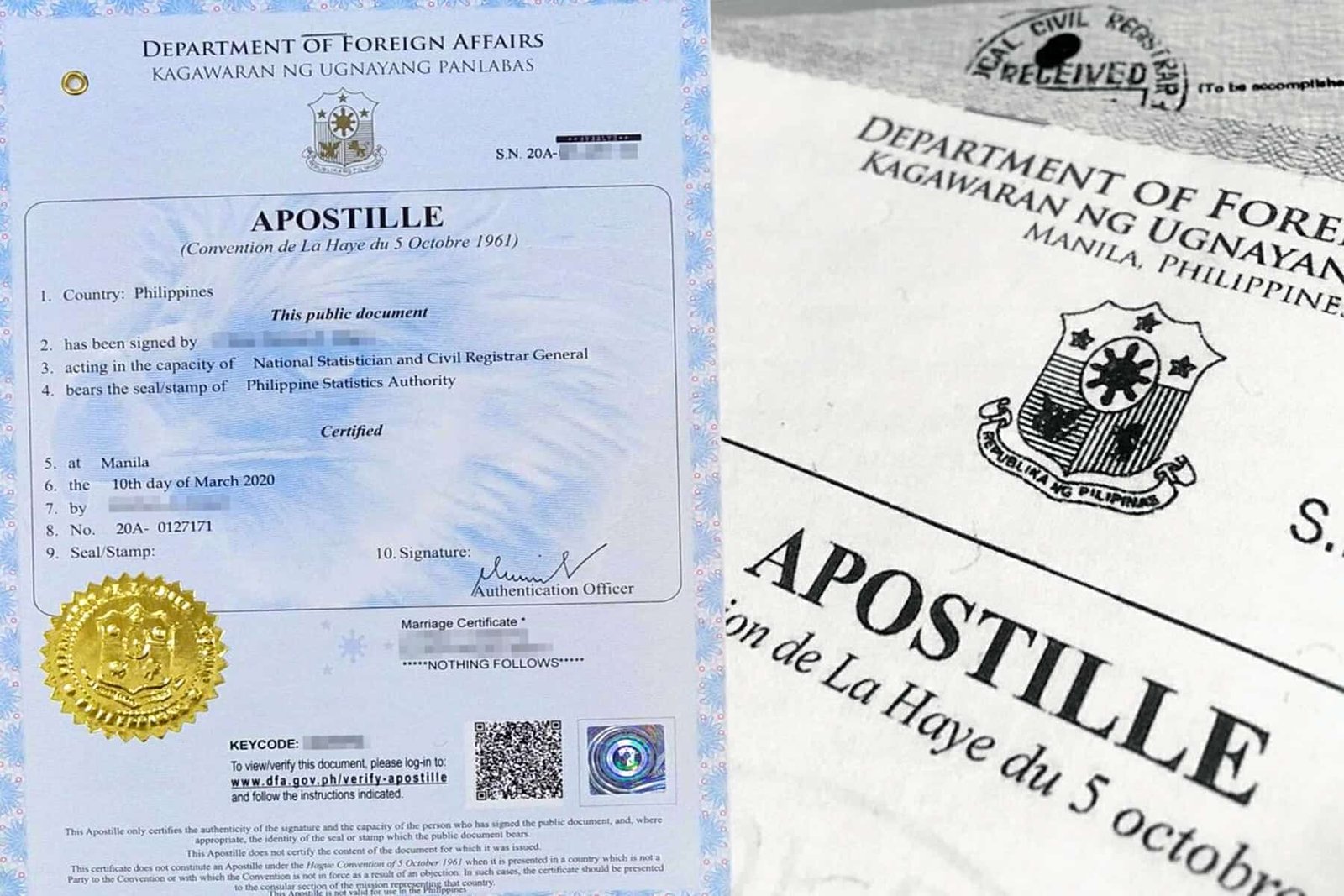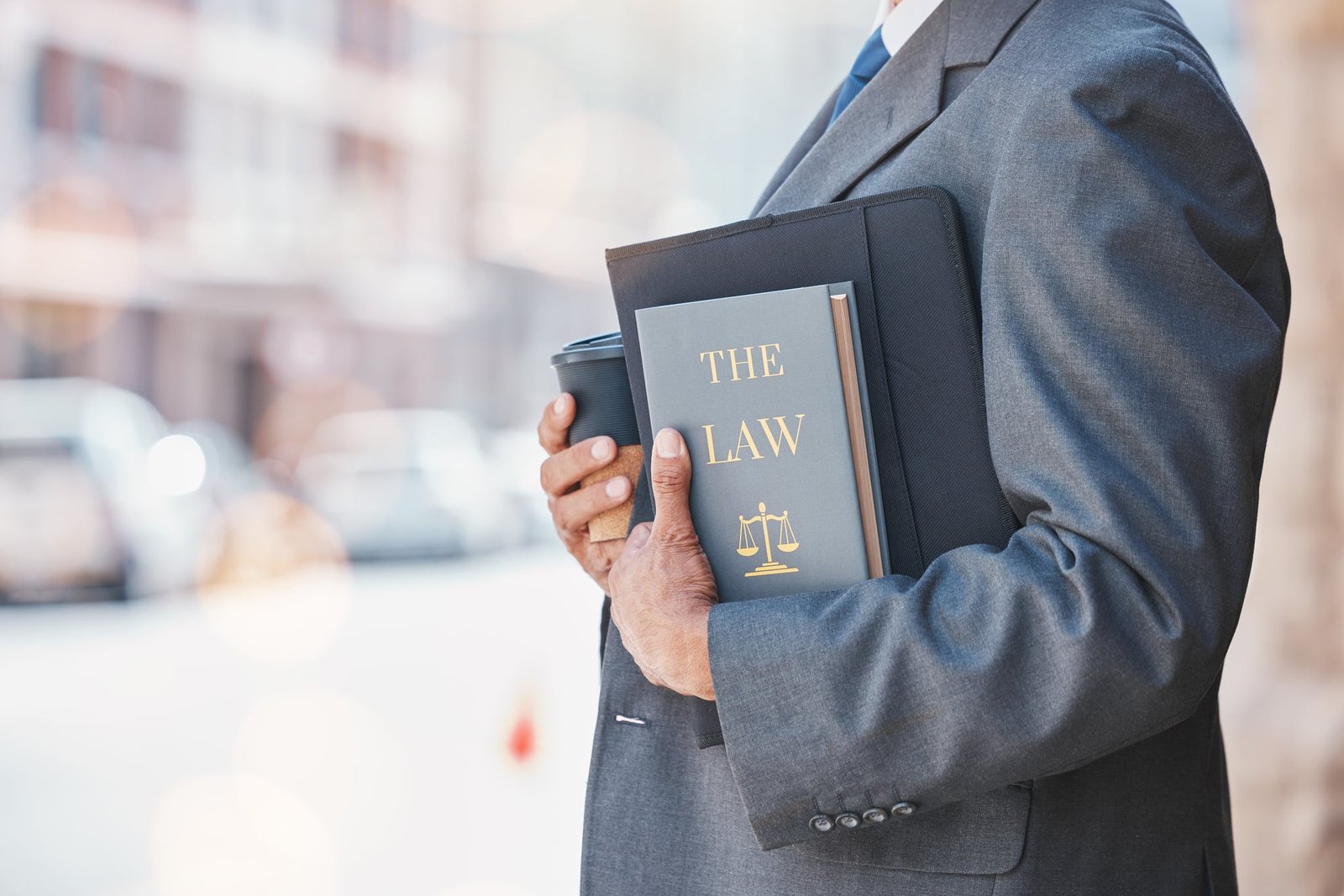What is an apostille?
An apostille certifies the seals and signatures of a document, this could be a birth certificate, court rulings, or any other record granted by a federal office and certified by an American or foreign consul. The Convention, also known as the Apostille Convention, was held on October 5, 1961, and it is an international treaty drafted by the Hague Conference on Private International Law. To put it simply, if a document is issued in a country that is a participant of the Convention in 1961, an apostille may be affixed to the document for use in other nations that are also signatories to the Hague Convention. What does this entail? The document will be recognized in other countries if an Apostille is added to the said public document as long as the country or state is part of the Hague Convention.
However, the apostille is critical since, without it, a foreign court may refuse to recognize the papers as genuine. A foreign court, for instance, could decline to recognize a notarized document from the United States as evidence. There are over one hundred twenty (120) countries that are contracting states of the Apostille Convention, whether you want to use a certified or notarized paper for legal reasons in another nation, you must first check if the other nation is a contracting state of the Hague Convention.
What is the purpose of apostilling a document?
An Apostille, much like the Authentication Certificate or red ribbon, validates the provenance of a public record to which it confirms the validity of the individual or entity who swore or signed the public record as well as the capacity in which they did so. In conclusion, the Apostille is very convenient in the sense that it’ll make the authentication procedure of documents abroad much more efficient. In addition to that, it entails less cost and processing time. For example, the City of Hong Kong is a member of the Hague Convention, and because of this, more and more binational couples are tying the knot in Hong Kong. Their marriage will be recognized internationally because their marriage certificate may be affixed with an apostille. Moreover, you may also obtain the apostille not only on a marriage certificate but in other documents as well such as a Certificate of Absence of Marriage Record, Birth and Death Certificate, Certificate of Registered Particulars, Business Registration Certificate, and Certificate of Incorporation.
What is the Apostille Stamp, and how does it work?
Your lawyer may inform you that a piece of paper requires an Apostille stamp regularly. An apostille may only be obtained for papers issued by government agencies or public individuals. Notarial transactions; notarial signature verification; powers of attorney; academic degrees; business registration certifications; court orders and judgments; and so on.
The Hague Convention for Abolishing the Requirement of Legalization for Foreign Public Documents from 1961 governs the Apostille Stamp. The Apostille Convention’s signatories acknowledge the legitimacy of the public document to which the Apostille is appended. Every country’s Apostille stamp or sticker may well have a distinctive style, size, or color. But keep in mind that an apostille is not available in every nation.









